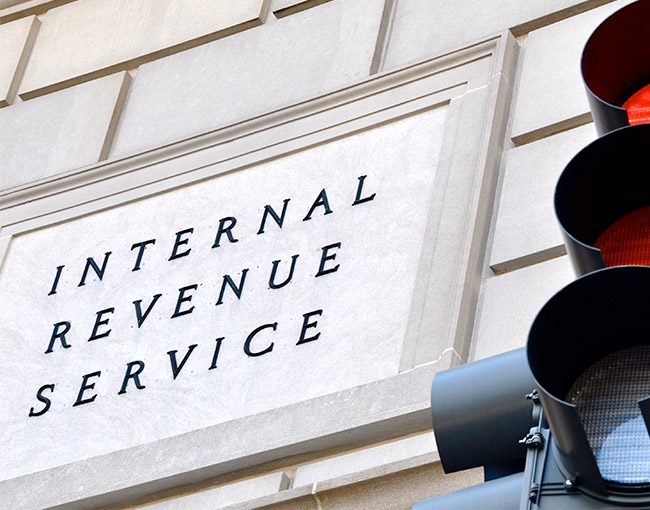Home > Insights > Publications > IRS updates safe harbor 402(f) notices for eligible rollover distributions
Administrators of qualified retirement plans are required to provide a written explanation of tax consequences when making distributions that are eligible for rollover. The notice is often referred to as the “402(f) notice” after the relevant section of the Internal Revenue Code governing the requirement, or simply as the “special tax notice.” The IRS has historically provided “safe harbor” model notices that plan administrators may rely upon to satisfy the requirement. The IRS periodically updates the notice based on changes in the law.
Following last year’s tax reform bill (the Tax Cuts and Jobs Act), the IRS has again updated the safe harbor notice. The updated safe harbor notices can be found in Notice 2018-74.
The IRS guidance contains two separate safe harbors, based on whether or not the amount distributable from the qualified plan comes from a designated Roth account. Specifically, the new notice now accounts for a change in the deadline to roll over amounts attributable to plan loan offsets.
Typically, plan loans become due and payable upon a participant’s termination of employment, which, unless repaid, generally results in taxation of the outstanding balance (and the 10% early distribution penalty, if applicable). Participants can avoid this by making a contribution to an IRA or another eligible employer retirement plan in the amount of the plan loan offset. The tax reform bill extended the deadline to do this until the due date (including extensions) for the participant’s federal income tax return for the year in which the offset would be taxable.
The updated notices also account for other recent changes to the rollover rules, including exemptions from the early distribution penalty for certain federal phased retirees and distributions to certain public safety employees from governmental plans.
Plan administrators who wish to rely on the safe harbor should update their notices to take advantage of the most recent safe harbor notices from the IRS. If you are not sure whether your notice is in compliance, feel free to contact any member of Thompson Coburn’s Employee Benefits Practice Area.
Michael Lane is a partner in Thompson Coburn's Employee Benefits group.

